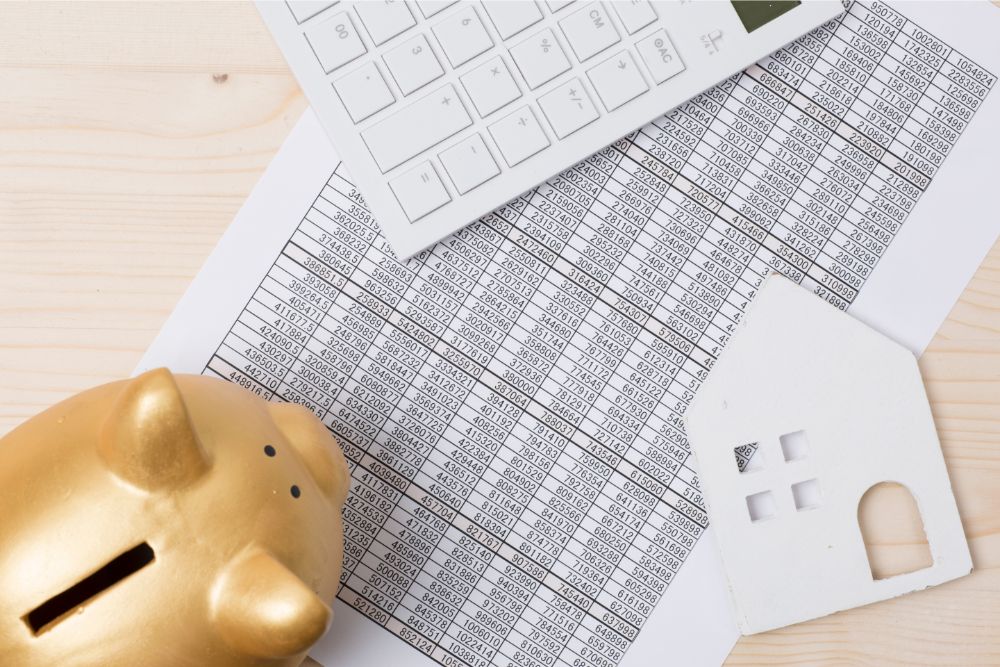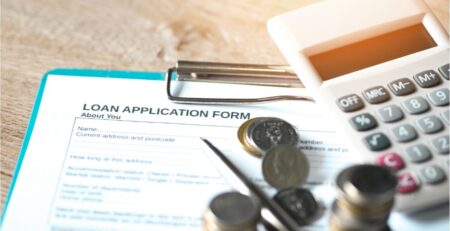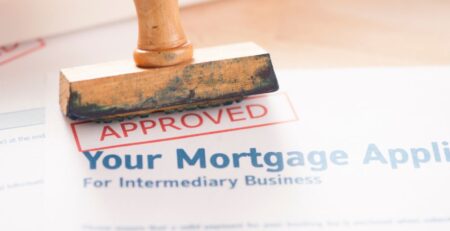One of the most important financial components of buying a home is your down payment.
A down payment is a sum of cash that you’ll need to cover a portion of your home purchase. This amount is the amount that isn’t covered by a mortgage loan.
Making sure you have a large-enough down payment at the right time is a major factor in when you’re ready to buy your home. This is particularly important for first-time homebuyers looking to save up the required amount.
When should you have your down payment ready?
Your down payment isn’t due in full until closing day. Your down payment is added to the amount you are borrowing from a lender for your mortgage and then released to the sellers. For some home buyers, closing day could be weeks or even months after making the initial offer.
While you don’t need the cash in hand, you should have a good idea of how much you have available for a down payment well in advance. You’ll need to provide proof of funds to be pre-approved for your home loan. A pre-approval is important before you start searching for a home since it significantly impacts your purchase price.
Once you’ve found your perfect home, you’ll make an offer. While the full down payment isn’t required at that time, you’ll need some of that cash ready if your offer is accepted.
Earnest money deposit
While you don’t need a down payment to make an offer, you will often need to include a lump sum known as an earnest money deposit. This is a portion of your down payment that signals your commitment as the buyer and is held in escrow until closing day.
Earnest money deposit amounts can vary depending on a range of actors. However, typically the more competitive the market, the larger deposit you’ll need to secure an accepted purchase agreement.
If you happen to back out of your purchase agreement for a reason that’s not covered by a contingency, this deposit is forfeited to the seller.
How much down payment do you need?
Most down payments range between 3% to 20% of the full purchase price. However, there are situations where a down payment will be more or less than that. The minimum down payment amount will vary depending on the type of loan you have.
Conventional loans require a minimum 3% down payment. However, you’ll need to pay Private Mortgage Insurance (PMI) if you put down less than 20%.
FHA loans require a minimum of 3.5% down while VA and USDA loans can even be funded with 0% down. It’s best to speak with your lender or loan officer to confirm the requirements for your loan.
—
The best time to have your down payment will depend significantly on your purchase timeline. However, just know that you should have it ready before you begin the search for your dream home!








